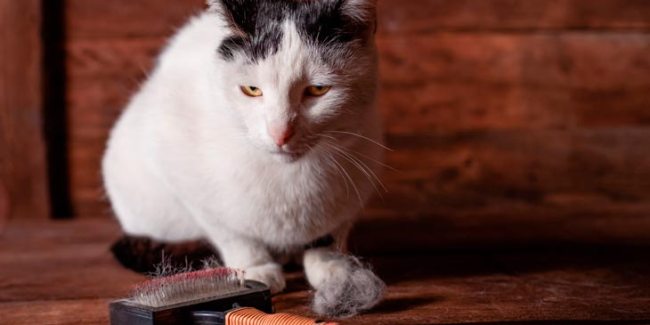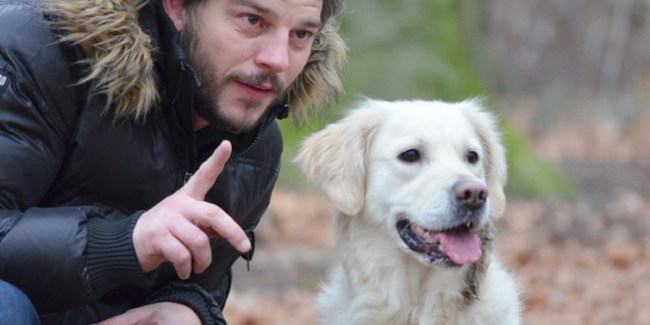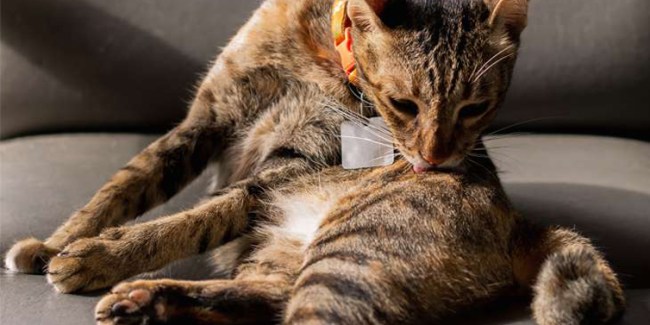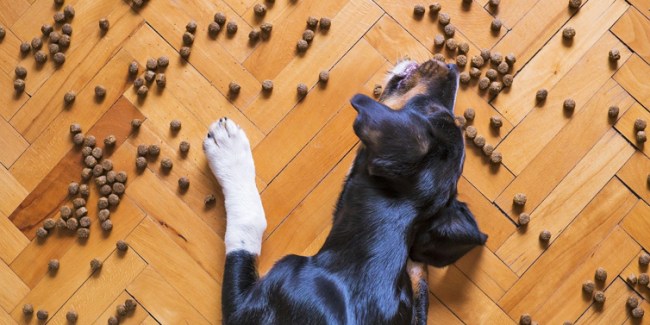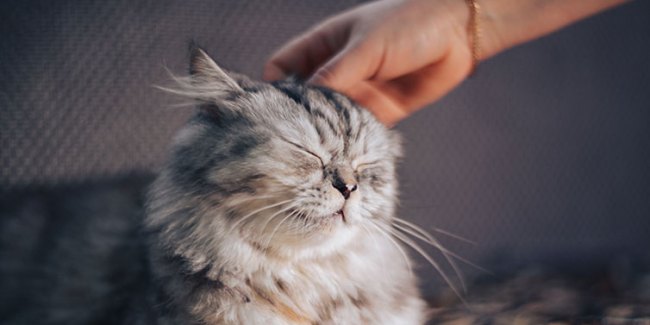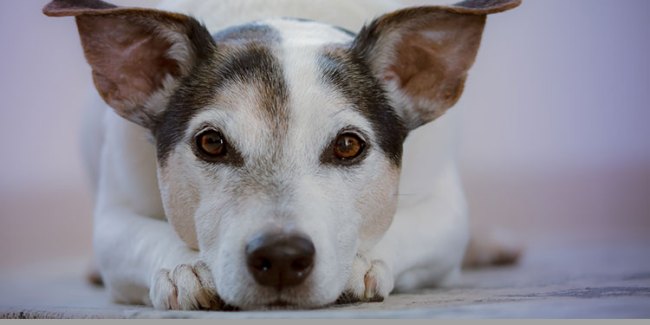Is My Dog Happy … Or Not?
All dog parents know very well that when their beloved dog goes crazy when they get home, wags his/her tail excitedly, runs madly around the room, or rolls over for a tummy rub, then he/she is happy. Obviously dogs cannot tell you how they feel with language, but they can tell you with their behaviour, body language and their physical health.
Understanding the signs of a happy dog, or an unhappy dog, is a very effective way for you to tell how your dog is feeling.
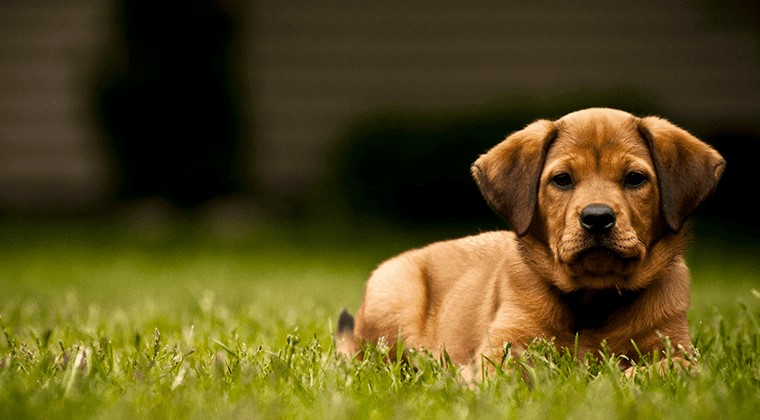
What are the signs of a happy dog?
Body Language
Just like humans, every dog is different. Personalities and temperaments vary. Even dogs of the same breed can have different body types. But, there are common indications in your dog’s body language which can tell you if he/she is happy.
- Happy dogs are comfortable and at ease: their ears won’t be pulled back or alert; their mouths will be soft and partly open, not tight; their bodies overall will be relaxed, with their heads raised and their tails either at ease or raised.
- Happy dogs have a relaxed posture and their tails wag – if their bodies are stiff, this may suggest either alertness or nervousness.
- If your dog “bows” (lowers their chest to the ground and barks with excitement), or rolls over on their back, they are happy.
- Your dog shows happiness by leaning into your hand when you stroke him/her.
- Overall, if your dog seems to enjoy your company and is relaxed with you, you can be pretty sure that you have a happy and contented dog.
Behaviour
Your dog’s age, breed and health can, of course, affect how he/she shows certain emotions, but there are several common behaviours which indicate a happy dog.
- Contented dogs are usually not destructive and appear to be relaxed in their surroundings. A stressed or anxious dog may often be destructive.
- Happy dogs have a good appetite, which usually indicates that they are well and contented. (Appetite changes may indicate that your dog might be ill or unhappy.)
- Happy dogs love to play, go for a walk or go in the car for a ride. If they are disinterested in these activities, this may suggest that they are unwell, in pain or unhappy.
- If your dog shows excitement when you arrive home, he/she is happy.
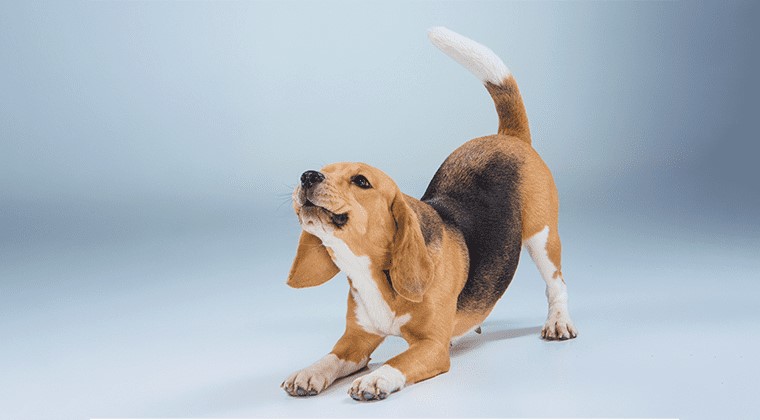
How do I know if my dog is unhappy?
Your dog’s behaviour and body language, as with the signs of a happy dog, should indicate if he/she is unhappy or not well.
Body Language
- A low or tucked-under tail may indicate that your pet is anxious or unhappy. A wiggly, wagging tail suggests a happy dog, whereas a slow wag may mean he/she is fearful or unhappy for some reason.
- An unhappy or anxious dog will not look relaxed. Shrinking away with the head held low, keeping very still and avoiding eye contact usually mean that your pet is unhappy about something.
- If your dog is worried or unhappy, his/her ears may look as if they are pinned back, flat against his/her head.
Behaviour
- If your dog rolls over onto his/her back, in a stiff manner, it may suggest that he/she is anxious about something. This behaviour indicates that your pet doesn’t want to upset you. Dogs who lick their lips continually and yawn may suggest that your dog is worried or unhappy about something.
- Hiding behind furniture or behind you suggest that your dog is frightened or stressed about something. You should allow your dog to hide or walk away because they are ‘telling’ you that they want to be in their own space.
- When you see the hair raise on the back of your dog’s neck, then you know that your dog is afraid, angry or feeling aggressive.
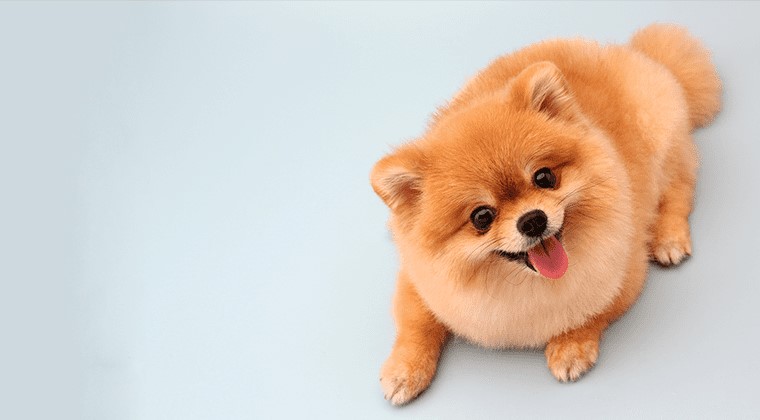
How do I keep my happy dog happy?
If you want to ensure that your happy dog remains happy (and who wouldn’t?), you should try to meet his/her needs, emotionally and physically.
- Take your dog to the vet for regular check-ups and vaccinations. A healthy dog is a happy dog.
- Ensure that he/she is protected with a year-round tick and flea regimen.
- A balanced, healthy diet and a regular feeding schedule will help to maintain his/her physical health which is conducive to ensuring a happy dog.
- Providing sufficient exercise, appropriate mental stimulation through games and loads of love and affection, will also help to maintain your dog’s happiness.
- Look after yourself! Remember that your dog reacts to your emotions and moods. If you are happy and contented, so your dog will be happy and relaxed too.
If you do suspect that your dog is unhappy for some reason, take him/her to the vet, who will check for any health problems which may be causing your dog to be unhappy. Your vet is the best person to consult and will help you and your beloved pet to regain happiness.
ZA-BRV-231000009

Subscribe to our Newsletter
Get to know your furry friend better! Sign up for all things dog- or cat-related.
The Hairy Facts about the dreaded hairball
12 April 2021
Help! My dog’s barking mad! Volume 2
12 April 2021
Your Itchy, Scratchy Cat – All About Cat Skin Problems
12 April 2021
The Dog’s Diet: A Bone of contention?
01 April 2021
Mango Fly Worms: How to Spot and Eliminate them
Posted on November 28,2019
Managing Mange And Mites In Your Dog
Posted on June 11,2018
Why Do Cats Purr and How? Learn What Your Cat Is Saying
Posted on October 14,2020
How to Get Rid of Ear Mites in Dogs
Posted on November 06,2019


